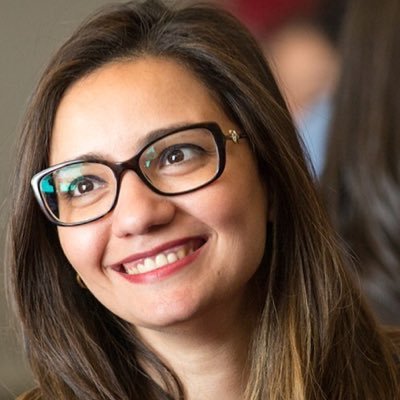Inequalities in Jordan before and after the pandemic
Is Covid-19 increasing inequalities in Jordan? This column outlines the main findings of a new report on the impact of the pandemic on inequality in expenditure, incomes and educational opportunities and outcomes.
Inequality of income and education in Jordan
The global pandemic seems likely to result in greater inequality across multiple dimensions, including income, education, gender and geography. This column reports pre-crisis evidence from Jordan on the extent of income inequality, inequality in educational outcomes and inequality in educational opportunities. Proposed policy responses include investing in education; awareness campaigns; ensuring equal access to the internet and social security; subsidising school supplies conditional on parental income and wealth; and imposing stricter measures to combat child labour.
Time to rethink inequality in Arab states
There are many gaps in our understanding of trends in both money metric inequality and multidimensional inequality in Arab states. This column previews a forthcoming report that will explore fundamental questions: why study inequality; with what theoretical approaches and measurement frameworks; and inequality between whom?


